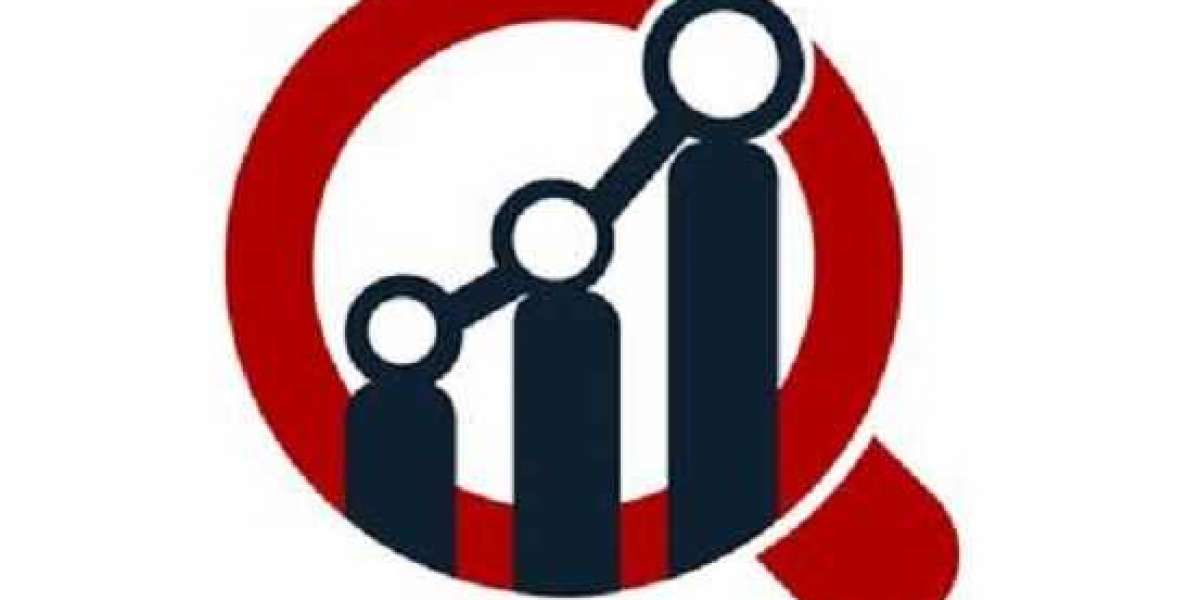Why is the Alprazolam Market Significant in Mental Health?
Alprazolam is a benzodiazepine medication primarily used for the short-term management of anxiety disorders, including generalized anxiety disorder (GAD) and panic disorder. It works by enhancing the activity of gamma-aminobutyric acid (GABA), a neurotransmitter that inhibits brain activity, thereby producing a calming effect. The Alprazolam market is significant in mental health due to the high prevalence of anxiety and panic disorders globally, coupled with the drug's rapid onset of action and effectiveness in providing acute symptom relief.
The global Alprazolam market was valued at USD 1.6 billion in 2023 (specifically for alprazolam powder, which reflects API demand) and is projected to reach USD 2.8 billion by 2030, growing at a Compound Annual Growth Rate (CAGR) of 8.77% during the forecast period of 2024-2030. Another report estimates the broader Alprazolam market at USD 3.48 billion in 2024 and anticipates it to reach USD 5.02 billion by 2034, with a CAGR of approximately 3.72% during 2025-2034. This steady growth highlights its ongoing role in mental health management.
The market's significance is driven by several factors:
High Prevalence of Anxiety and Panic Disorders: Mental health conditions like anxiety and panic disorders are widespread globally, increasing the demand for effective anxiolytic medications.
Rapid Symptom Relief: Alprazolam's quick onset of action makes it a valuable option for acute anxiety attacks and panic episodes, providing immediate relief for patients.
Increased Mental Health Awareness: Growing public awareness about mental health issues, coupled with reduced stigma, encourages more individuals to seek diagnosis and treatment, driving prescription rates.
Ease of Administration: Available predominantly in tablet form, alprazolam offers convenient oral administration, which is preferred by patients for at-home use.
Impact of Global Events: Events like the COVID-19 pandemic have led to increased stress and anxiety levels, contributing to a rise in demand for anxiolytics.
What Cutting-Edge Trends and Developments are Shaping the Alprazolam Market?
The Alprazolam market is primarily influenced by evolving prescribing practices, increasing focus on responsible use, and the role of digital health.
Tablets remain the most significant formulation category for Alprazolam, holding the largest market share (e.g., USD 2.0 billion in 2023). This reflects the widespread use of oral formulations due to patient convenience and established clinical practice. Various dosage strengths (0.25 mg, 0.5 mg, 1 mg, 2 mg) ensure precise dosing for varied patient needs.
A crucial trend impacting the market is heightened regulatory scrutiny and efforts to combat misuse and dependence. Regulatory bodies worldwide, including the US FDA, have mandated updated boxed warnings for benzodiazepine medications to clearly describe the risks of abuse, misuse, addiction, physical dependence, and withdrawal reactions. In some regions, like Australia, regulatory changes have involved up-scheduling alprazolam to a controlled drug (Schedule 8) to impose stricter prescribing controls. These measures aim to promote responsible prescribing and reduce diversion and non-prescribed use.
The rise of telemedicine and online consultations has made it easier for patients to access healthcare professionals, potentially increasing the accessibility of alprazolam prescriptions. However, this also puts an emphasis on appropriate screening and monitoring in a virtual setting.
There is a growing trend towards personalized medicine and holistic approaches to mental health treatment. While alprazolam provides symptomatic relief, there is increasing recognition of integrating pharmacological interventions with psychotherapy, lifestyle changes, and other holistic approaches for comprehensive mental health management.
The market also sees continuous efforts from pharmaceutical companies to ensure the quality and supply of generic alprazolam, as it is predominantly available in generic forms after patent expirations. North America dominates the global market due to higher FDA approvals and a greater prevalence of anxiety and related conditions.
What are the Key Challenges and Future Outlook for the Alprazolam Market?
While the Alprazolam market continues to be significant, it faces substantial challenges, particularly concerning its misuse potential and the need for careful regulation, alongside future opportunities.
The primary and most significant challenge is the risk of misuse, abuse, dependence, and withdrawal symptoms associated with alprazolam, especially with long-term use or at higher doses. This has led to stricter regulatory controls, which can impact prescription volumes and market growth.
Competition from alternative anxiety treatments, including other benzodiazepines, antidepressants (SSRIs, SNRIs), and non-pharmacological therapies (e.g., cognitive behavioral therapy, mindfulness), poses a challenge. There's a growing preference for non-addictive alternatives where appropriate.
Stigma associated with mental health conditions and the use of psychotropic medications, while decreasing, can still impact patient willingness to seek treatment and adhere to prescriptions.
Illicit trade and diversion of alprazolam remain a persistent problem, leading to public health and safety concerns, and prompting stricter enforcement by authorities (as seen in reports from India).
However, the future outlook for the Alprazolam market is complex but holds opportunities:
Continued Need for Acute Symptom Relief: Despite concerns, alprazolam's rapid action ensures its continued role in managing acute anxiety and panic attacks, where immediate symptomatic relief is crucial.
Integrated Care Models: The market will likely see alprazolam used more judiciously as part of comprehensive treatment plans, integrating pharmacotherapy with psychotherapy and lifestyle interventions, guided by mental health specialists.
Focus on Responsible Prescribing: Ongoing education for healthcare providers on responsible prescribing practices, dosage tapering, and monitoring for dependence will shape future market dynamics.
Telepsychiatry Expansion: The growth of telepsychiatry will increase access to mental health professionals who can assess and prescribe medications, including alprazolam, while also facilitating monitoring.
Emerging Market Growth: Increased awareness of mental health issues and improving healthcare access in regions like Asia Pacific will contribute to market expansion, albeit under careful regulatory frameworks.
Research into Safer Alternatives: While not directly boosting alprazolam sales, the underlying drive for safer, non-addictive anxiolytics will continually challenge the market and necessitate ongoing evaluation of alprazolam's role.
In conclusion, the Alprazolam market remains a critical segment for managing anxiety and panic disorders. Its future will be defined by a delicate balance between meeting the persistent demand for effective symptomatic relief and navigating stringent regulatory environments to ensure responsible use and mitigate risks associated with dependence and misuse.
Contact:
Market Research Future®
99 Hudson Street,5Th Floor
New York, New York 10013
United States of America
Phone:
+1 628 258 0071(US)
+44 2035 002 764(UK)
Email: sales@marketresearchfuture.com
Website: https://www.marketresearchfuture.com








